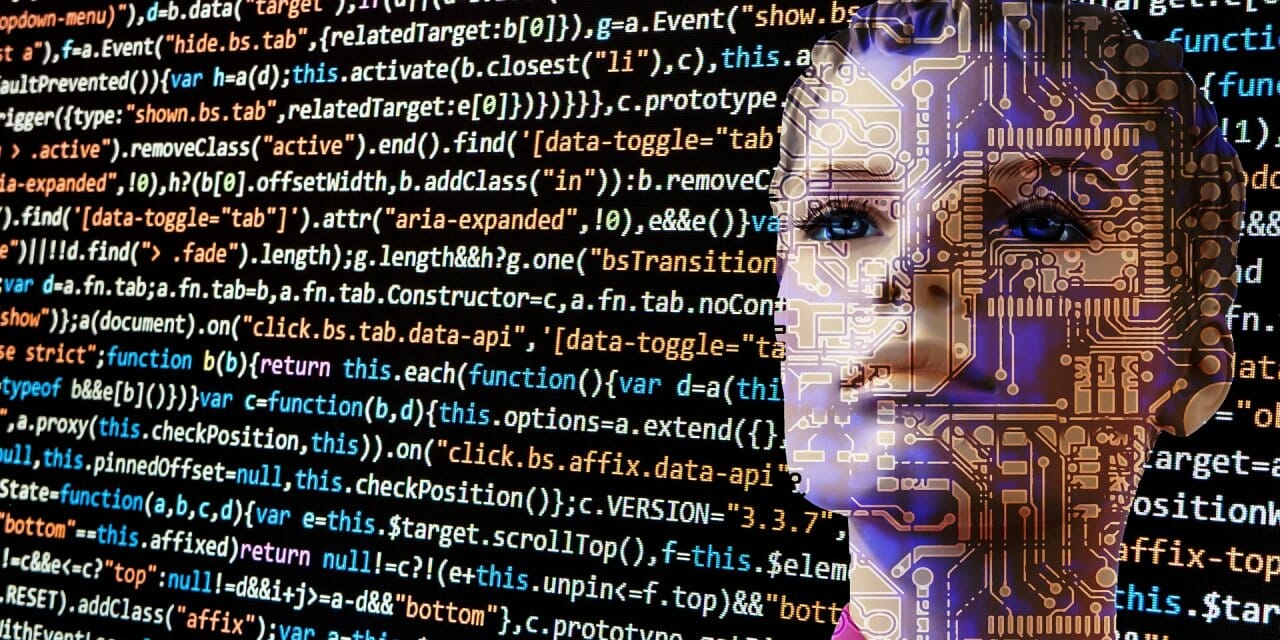Introduction
Programming languages allow people to communicate with computers in a way that the computer can understand. There are many different programming languages, each designed for a different purpose. Some programming languages are designed for general-purpose programming, while others are designed for specific tasks such as web development or system administration. No matter what the purpose of a programming language is, they all have one thing in common: they provide a way for humans to tell computers what to do. To write a program, a programmer must first learn the programming language.
Once they have learned a language, they can use it to write a program that will tell a computer what to do. There are many different programming languages available, each with its strengths and weaknesses. Some languages are better suited for specific tasks than others. For example, C is a good choice for system programming or game development, while PHP is a good choice for web development.
What Is Programming Language?
A programming language is designed to convey instructions to a machine, specifically a computer. Programming languages can be used to create programs to control the behavior of a machine or to express algorithms. We use programming languages in computer programming for the implementation of algorithms. Most programming languages include instructions directed for computers. There are programmable machines that utilize specific instructions, in comparison to general programming languages. Early programming languages were designed to permit a programmer to express the steps needed for the solution of a given problem. In some cases, the programmer could also indicate the order in which these steps were to be carried out. This was necessary because early computers were unable to understand complex instructions. You can gain a deeper understanding of programming languages by enrolling in a software programming course and use them effectively when needed.
Programming Languages List
There are hundreds of programming languages in existence, but only a handful are widely used. Some of the most popular programming languages are:
-
C#
C# is a Microsoft language, created to compete with Java. It is a powerful, object-oriented language that is used in a variety of applications, from web development to desktop applications.
-
C Language
C is a powerful, versatile language that can be used for various applications. It is used in everything from video games to scientific applications. C is a powerful object-oriented programming language that is widely used in the software industry to create sophisticated applications.
-
Java
Java is a powerful and versatile programming language enabling developers to develop high-performance and robust applications. Java is platform-independent, which means that applications written in the Java language can run on any platform that supports the Java runtime environment.
-
JavaScript
JavaScript is a scripting language that is used to add interactivity to web pages. It is also used in some desktop applications and mobile applications.
-
PHP
PHP is a widely used, open-source scripting language that is particularly well suited for web development.
-
Python
Python can be defined as a high-level, general-purpose, and interpreted programming language. Python is a versatile, easy-to-learn language that is used in a wide variety of applications, from web development to scientific computing.
-
Ruby
Ruby is a versatile, easy-to-use language that is used in a wide variety of applications, from web development to scientific computing.
-
Objective-C
Objective-C is a powerful, object-oriented language used in a wide variety of applications, from low-level system programming to sophisticated game development.
-
Swift
Swift is a new, powerful language created by Apple Inc. It is used for developing iOS and OS X applications.
-
PHP
PHP is a server-side scripting language designed for web development. It is a widely used, free, and efficient alternative to competitors such as Microsoft’s ASP.
-
Perl
Perl is a versatile, feature-rich programming language used in a wide variety of applications, from system administration to web development.
-
SQL
SQL is a standard query language for requesting information from a database. SQL is used to access and manipulate databases. SQL is used to select, insert, update, and delete data from a database. SQL can be used to create, alter, and drop databases.
-
Visual Basic
Visual Basic is a visual programming language designed for creating Windows-based applications.
The Importance of Programming Languages
Programming languages are important because they are used to create instructions for computers to execute. Without programming languages, computers would be unable to understand the instructions we give them. Programming languages are also important because they allow us to communicate with computers in a way that is easy for us to understand. If we were to try to communicate with computers using only binary code, it would be very difficult for us to understand what we are telling the computer to do.
Finally, programming languages are important because they allow us to create software that is reliable and efficient. If we were to try to write software using only binary code, it would be very difficult to debug and optimize our code.
The Function of Programming Languages
Programming languages are used to create instructions for computers to execute. The first programming languages were created in the early 1800s. They were created to be used by people who were already familiar with the mathematics and logic used by computers. Today, there are hundreds of different programming languages, each with their own syntax and semantics.
The syntax of a programming language is the set of rules that govern how the language can be used. The semantics of a programming language is the meaning of the language. Each programming language has its own set of keywords and operators that are used to create instructions. These instructions are then compiled into a machine-readable format and executed by the computer.
Most programming languages can be used to create programs that solve a specific problem. Some programming languages, such as assembly languages, are designed to be used to control specific hardware. Other programming languages, such as functional languages, are designed to be used to write programs that are more easily understood by humans.
Which Programming Language is Right for You?
Different languages are appropriate for different purposes. Some languages are better for writing large programs, while others are more suited for small programs or for writing code that is easy to read and understand. If you are just starting, it might be a good idea to learn a few different languages so that you can see which one you are most comfortable with. Once you have learned a few languages, you can start to specialize in one or two that you think will be most useful to you.
Conclusion
Programming languages are an essential part of computing. They allow us to create instructions for computers to follow. Without them, we would be unable to take advantage of the many benefits that computers offer us. There are many different programming languages available, each with its advantages and disadvantages. The language you choose to learn will depend on your own needs and preferences. However, it is important to remember that all languages share some common features.
Once you have learned a programming language, you will be able to create programs to solve problems and automate tasks. You will also be able to understand and modify existing programs. This knowledge can be very useful, whether you want to build your own software or to simply understand how computer programs work. Overall, the programming language is very good. It is easy to learn and use, and it is very versatile. It can be used for various applications, and it is very popular. You can learn about several programming languages in the software programming course by Knowledgehut.
FAQs
- What is a programming language?
A programming language defines a set of instructions that can be utilized to create different outputs. Programming languages are used in the implementation of algorithms.
- What are the different types of programming languages?
There are four main types of programming languages: procedural, object-oriented, functional, and logical.
- What are the benefits of learning a programming language?
Learning a programming language can help you better understand how computers work and how to solve problems more effectively. It can also make you more marketable in the job market.
- What are some of the most popular programming languages?
There are many popular programming languages, but some of the most popular are Java, Python, and JavaScript. These languages are popular because they are relatively easy to learn and are widely used in many different applications.















